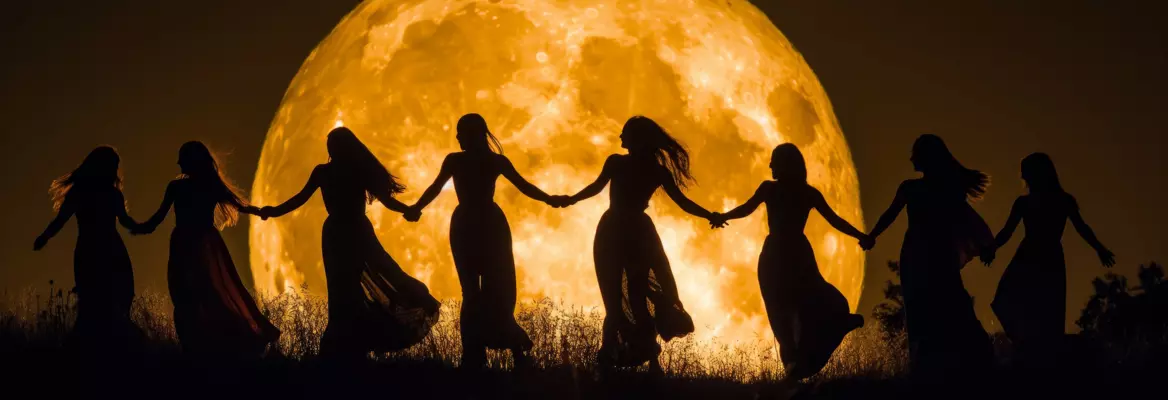With the decline of organised religion, many in the modern world have become sceptical of the importance of rituals. Some have gone even further and argued that rituals are themselves harmful because of negative effects they produce. But might there be indispensable value in ritual? In this piece, Michael L. Raposa draws on the work of American pragmatist philosopher Charles S. Peirce to argue that rituals, religious and secular, are essential in modern life. Raposa argues that, paradoxically, it is through certain habits formed by ritualistic behaviour that we are able to escape our rigid modes of thinking and perceive realities which have previously gone unnoticed.
There is considerable ambivalence concerning how we ought best to evaluate human ritual behaviour. Negative assessments take many different forms; here I want to consider only two of them. Behaving ritualistically, it is sometimes suggested, undermines creativity and our capacity for experimentation. Ritual is also sometimes maligned for its ‘cosiness’; the false security provided by participation in certain rituals allows us temporarily to avoid exposure to life’s harsher realities. These evaluations underscore either the stifling redundancy that characterises ritual activity or its all-too-efficient functioning as a problematic source of comfort and protection.
A good deal of human ritual behaviour can be accurately portrayed in this negative fashion. But my opening remark about ambivalence was intended to suggest that it might be possible to articulate a different and more positive perspective on the nature and purpose of ritual. Human rituals of all kinds, religious and secular, are cherished and defended at least as often as they are disdained. How should we think about this ambivalence?
In a rather trivial sense, it might be pointed out that ritual, even as it has just been described, can be cast in a negative light except under certain specifiable circumstances. One might be exhausted after a dizzying and lengthy period of time consumed by experimentation – encountering and adapting to challenges of various kinds – so that the numbing effect of a retreat to ritual could be understood as providing much needed psychic rest. Similarly, the efficacy of ritual as a source of comfort might be (and very often is) given a positive appraisal. A frightened or agitated infant will best be comforted by the performance of rituals that are familiar and involve a high level of redundancy – a parent’s gentle movement back and forth in a rocking chair accompanied by the repetition of a lullaby. To consider an example drawn from the opposite end of life’s spectrum, we do not tend to judge harshly those funeral rituals that can ease the pain of losing someone beloved.
This is not the sort of ambivalence that my opening remark was intended to signal. Against the useful background supplied by philosophical pragmatism, I think it is possible to develop a more sophisticated argument for the value of ritual. It is the pragmatism of the American philosopher Charles S. Peirce that I find most useful for this purpose. Central to this pragmatic point of view is the emphasis on human habits and the process of habit-formation.





















Join the conversation